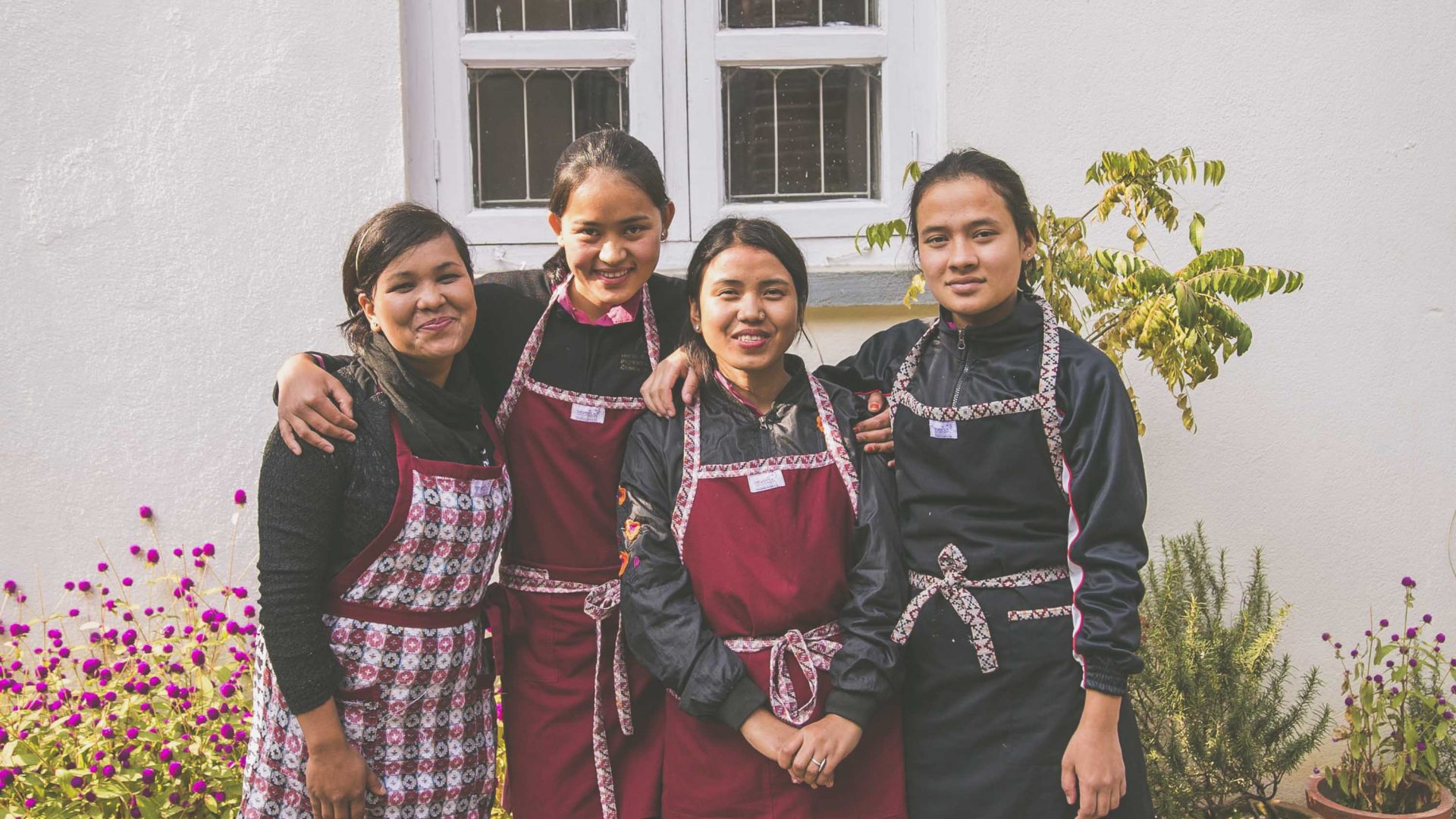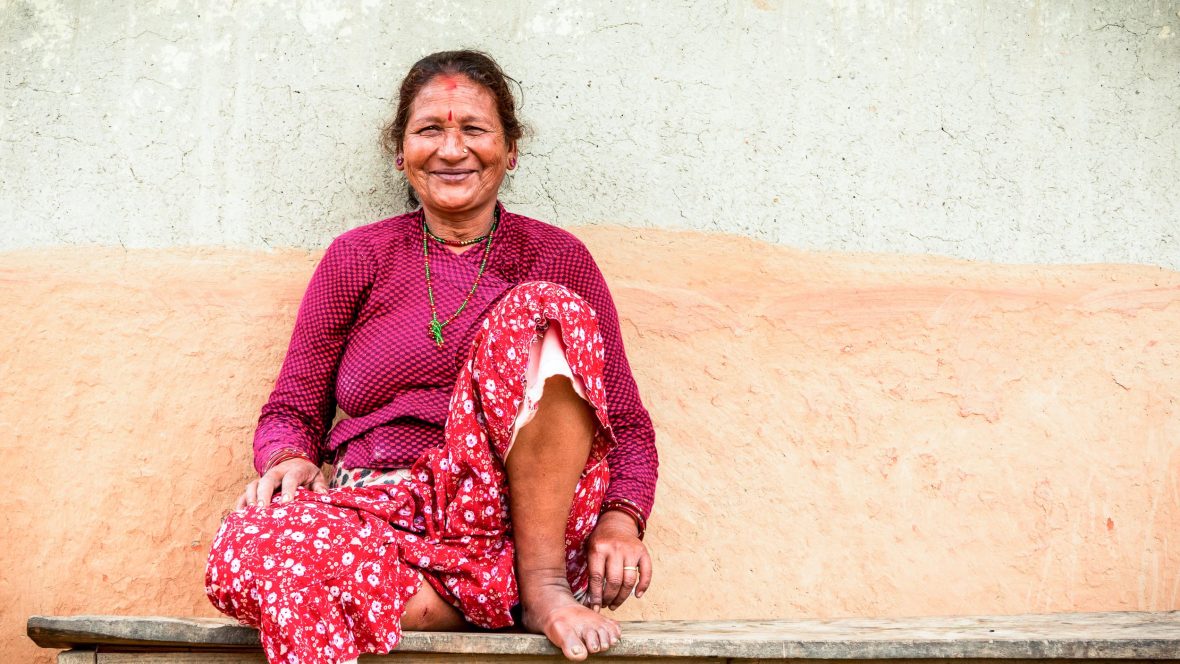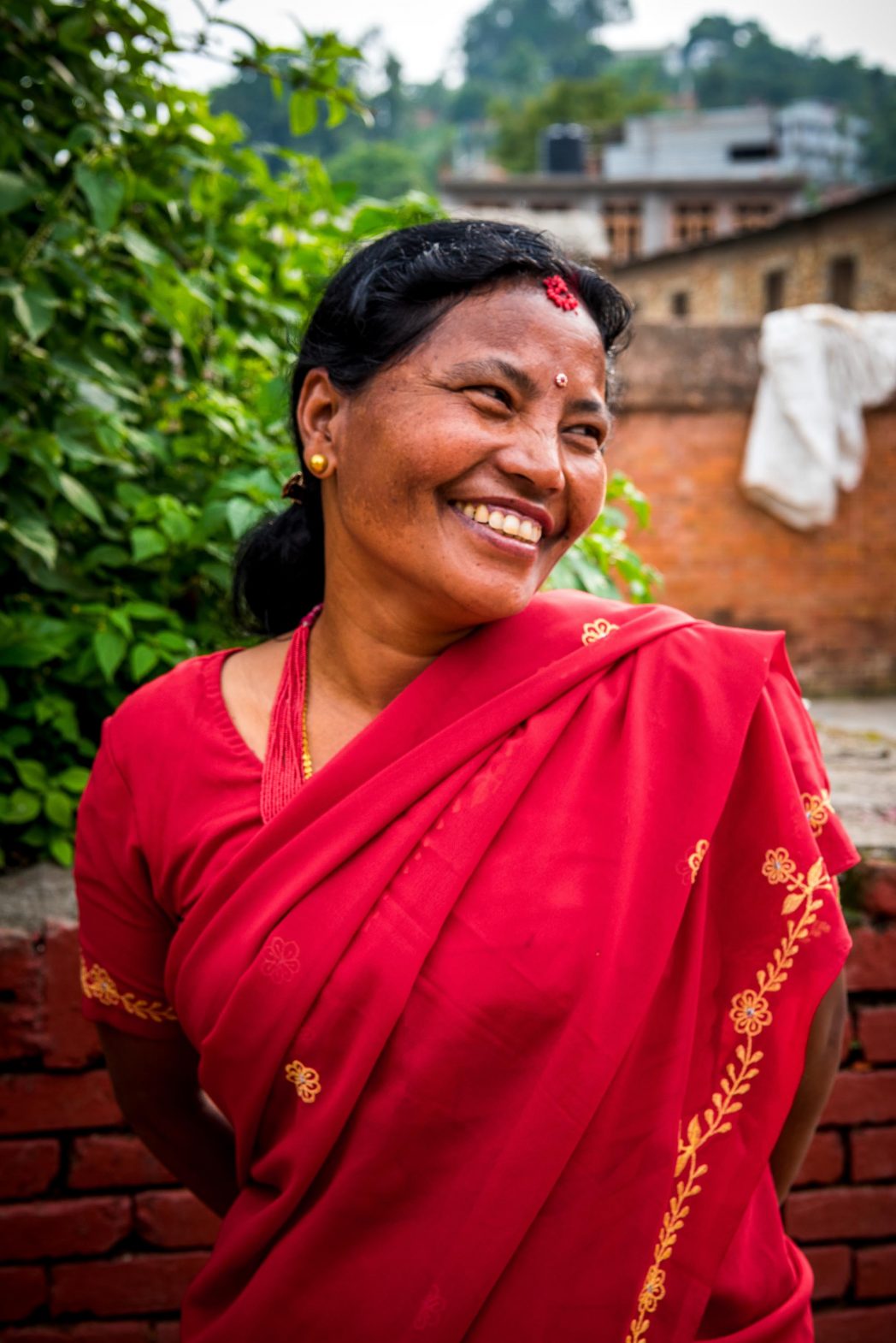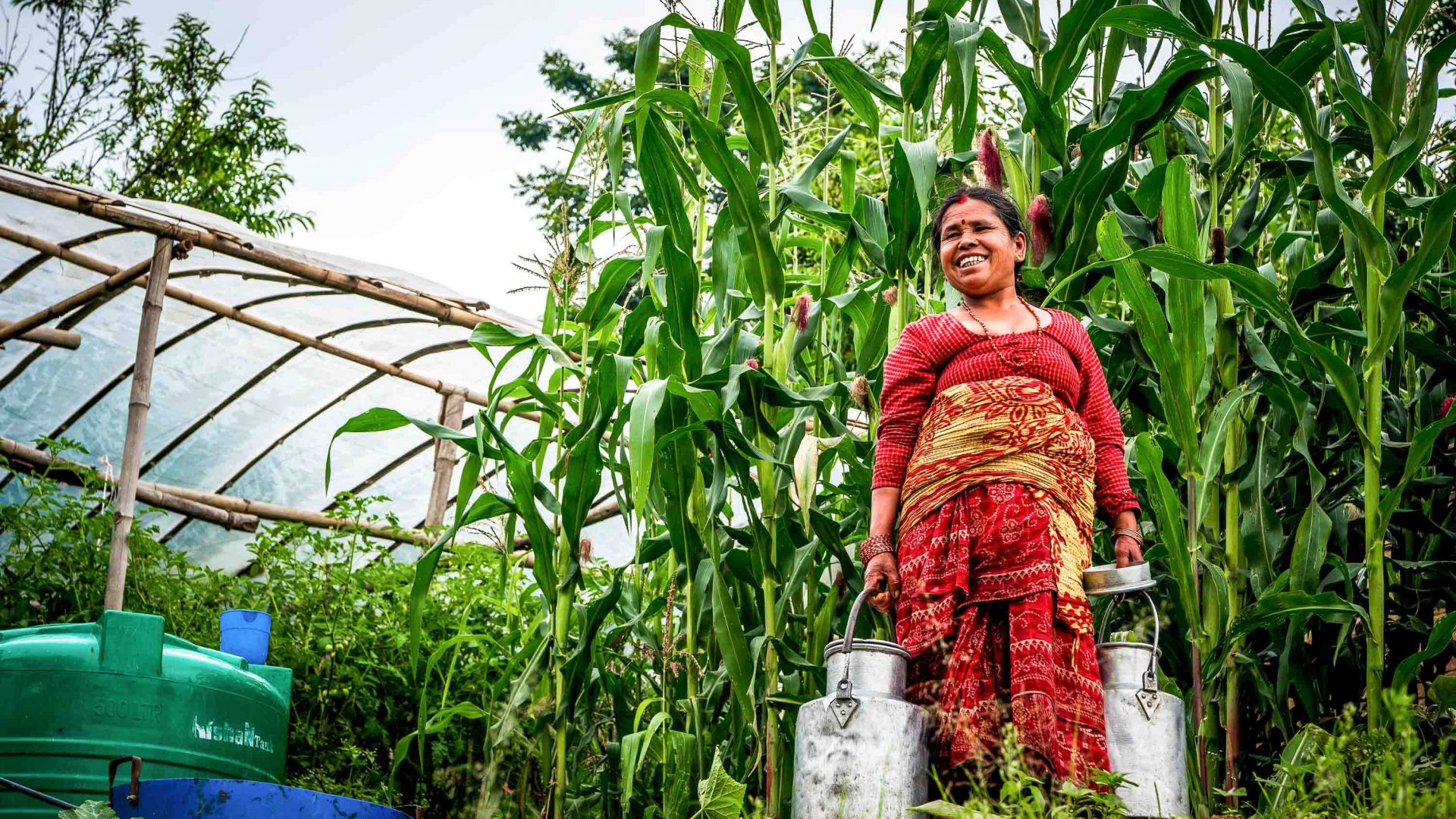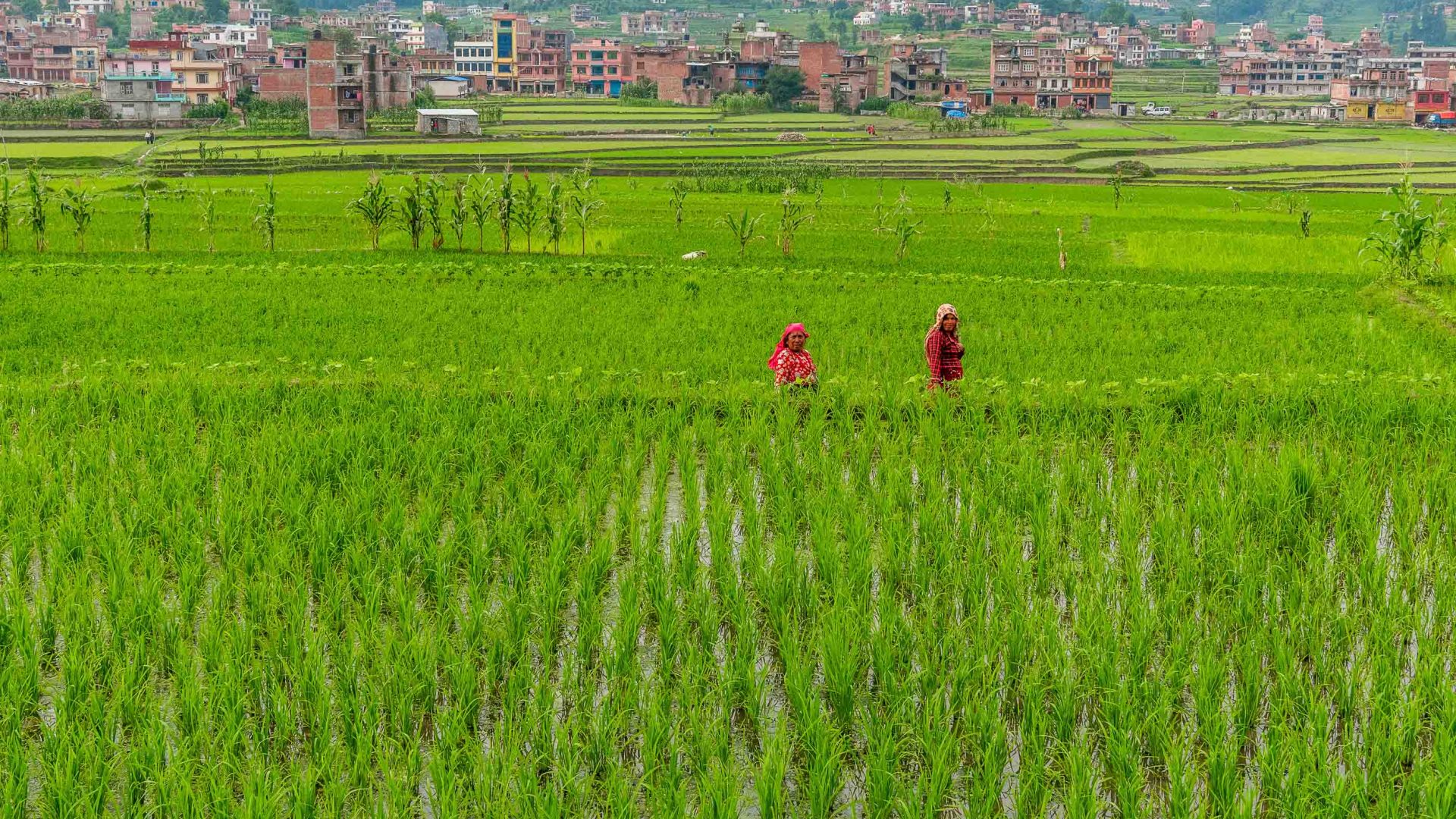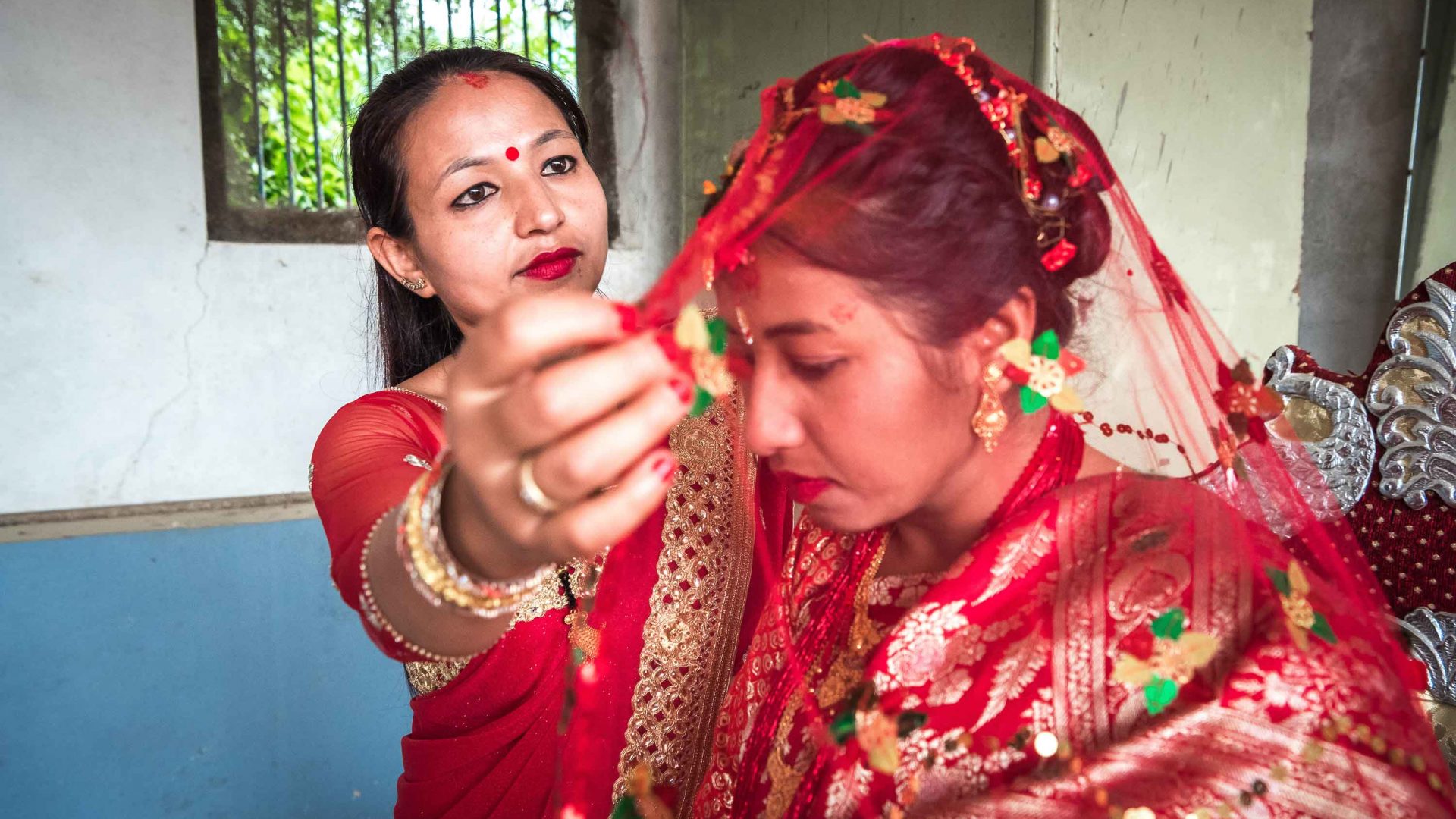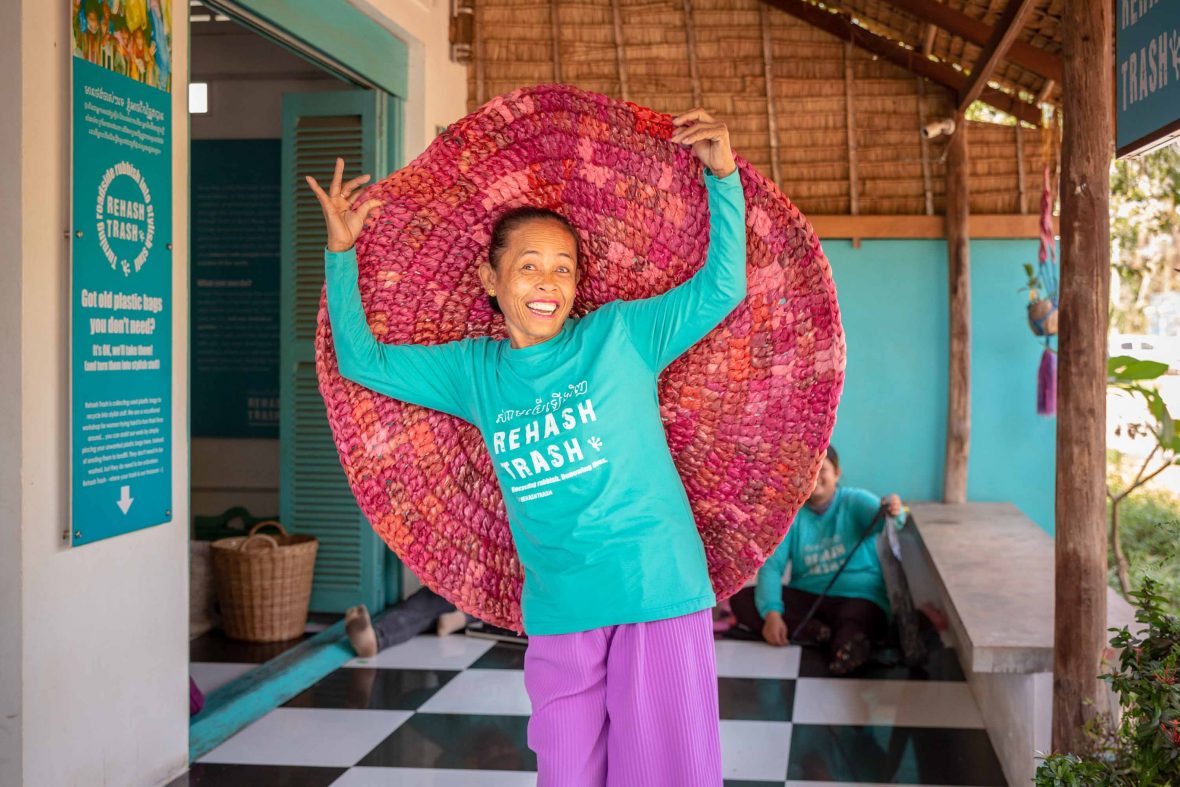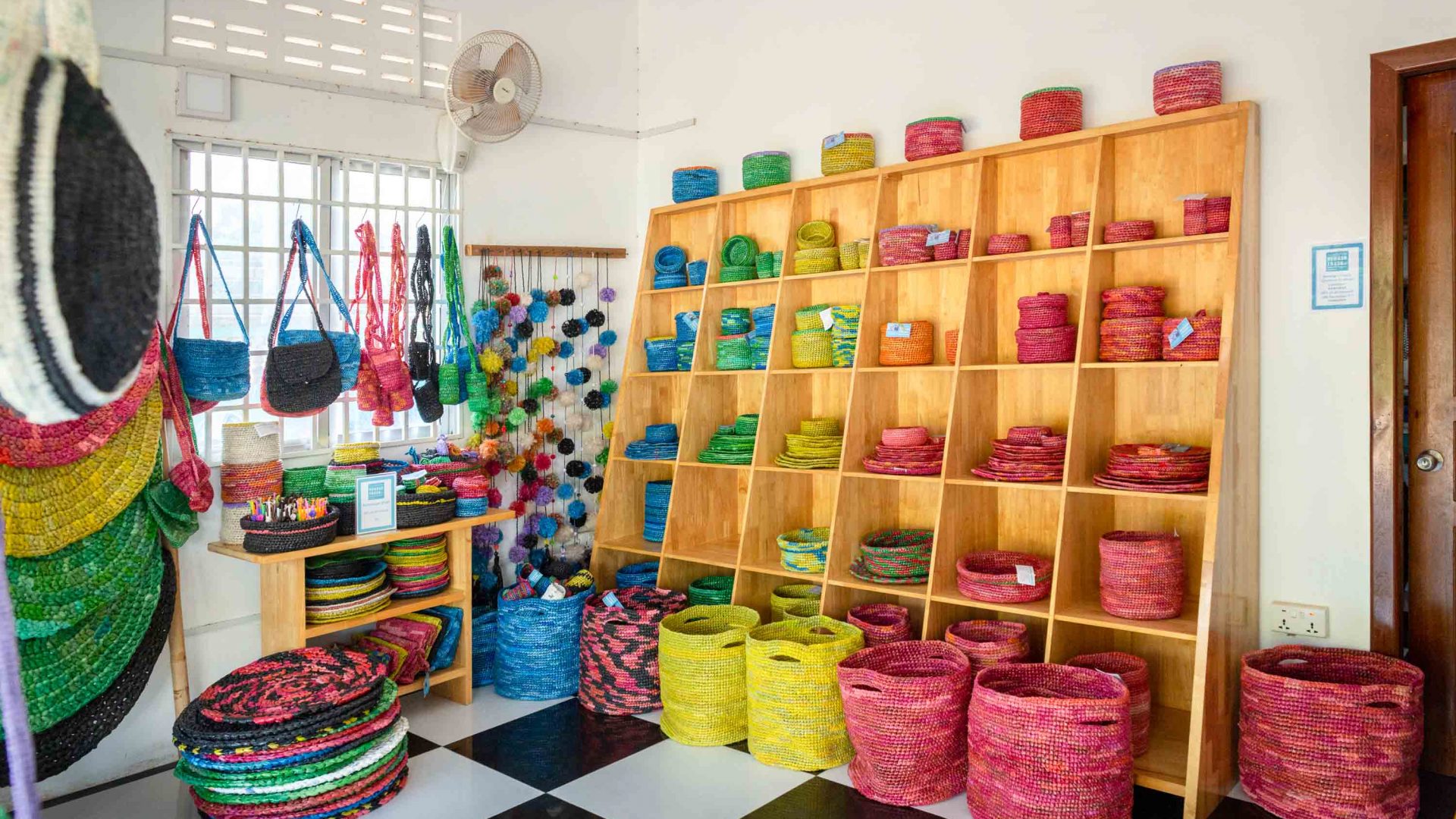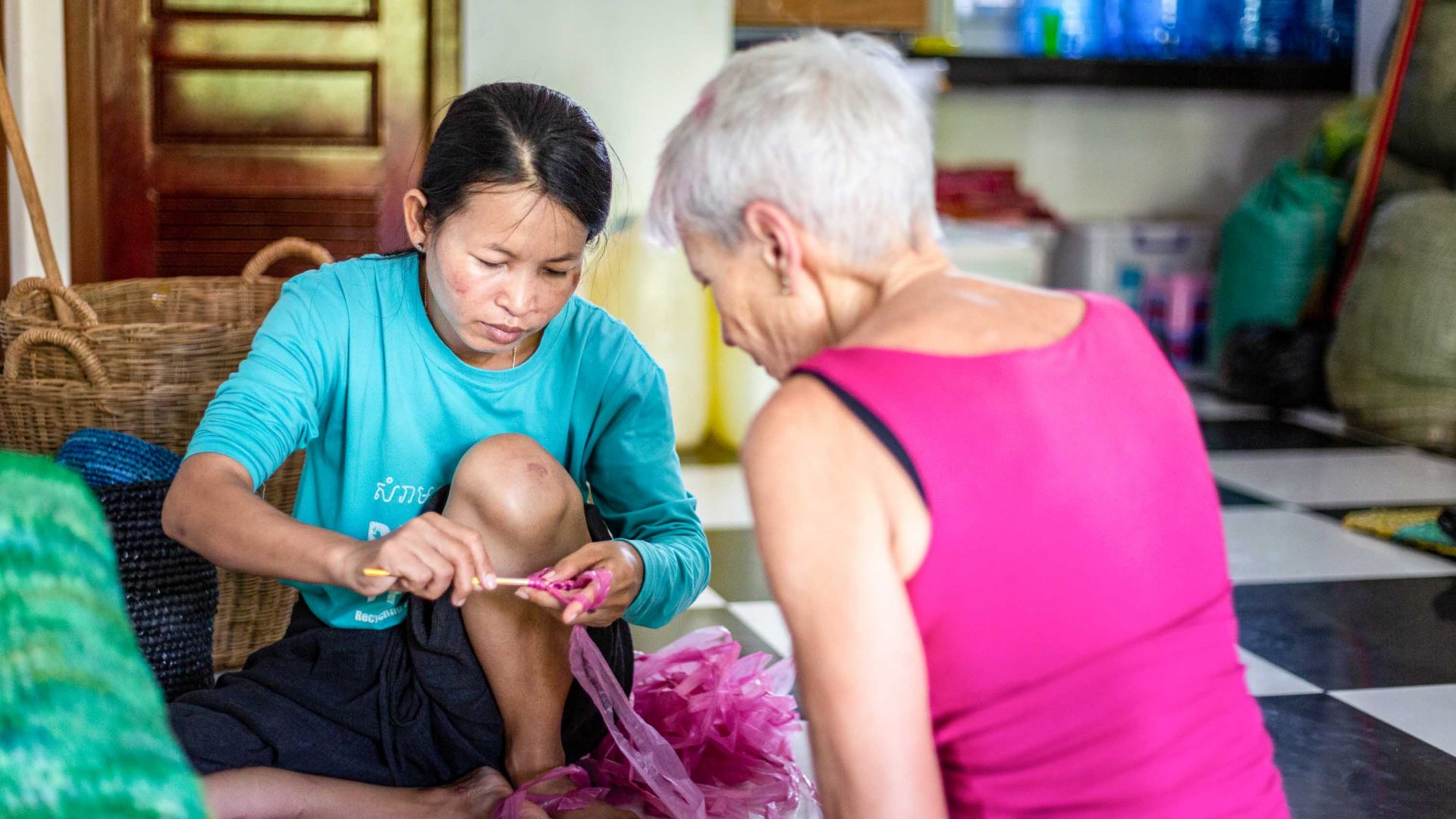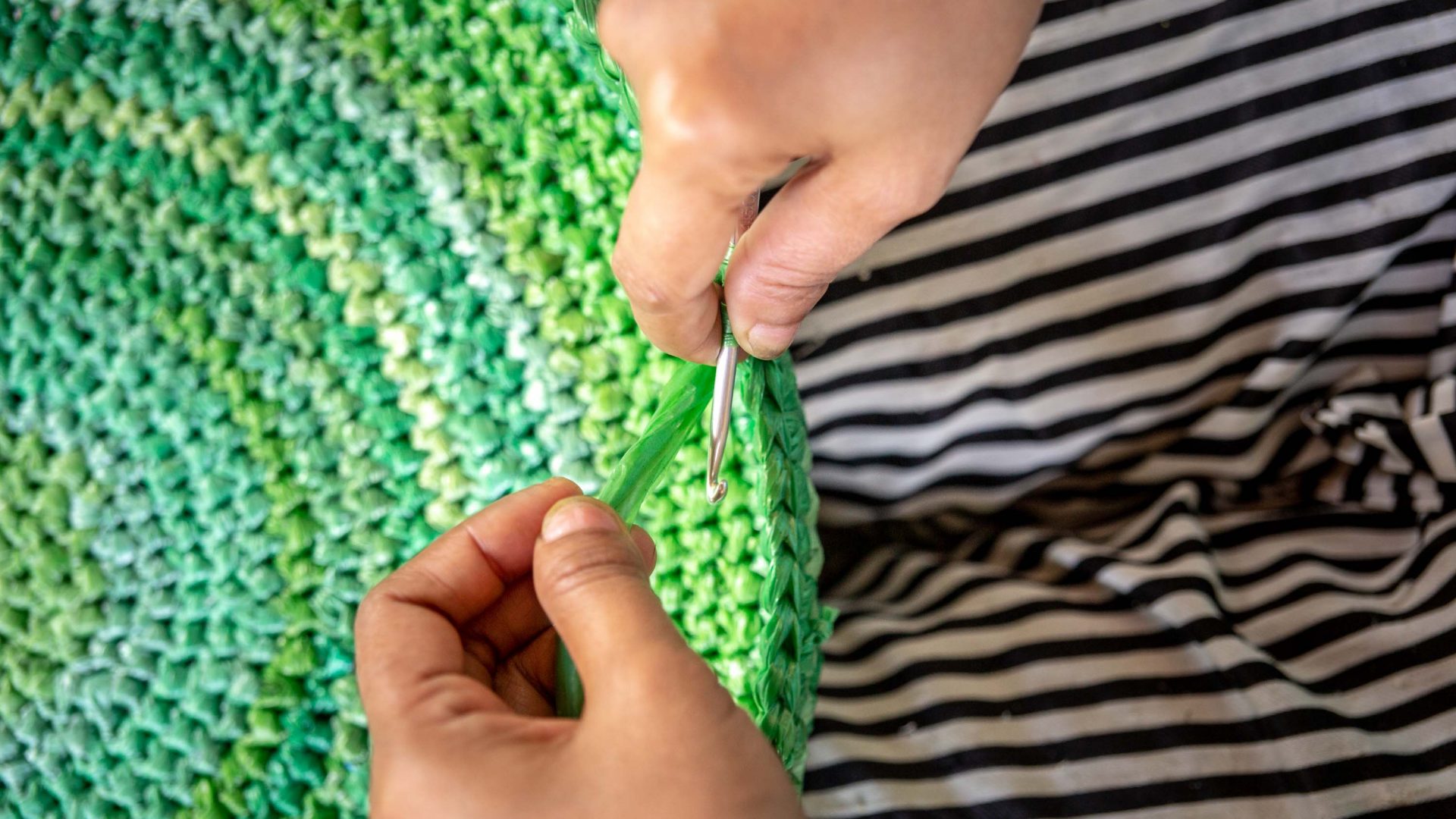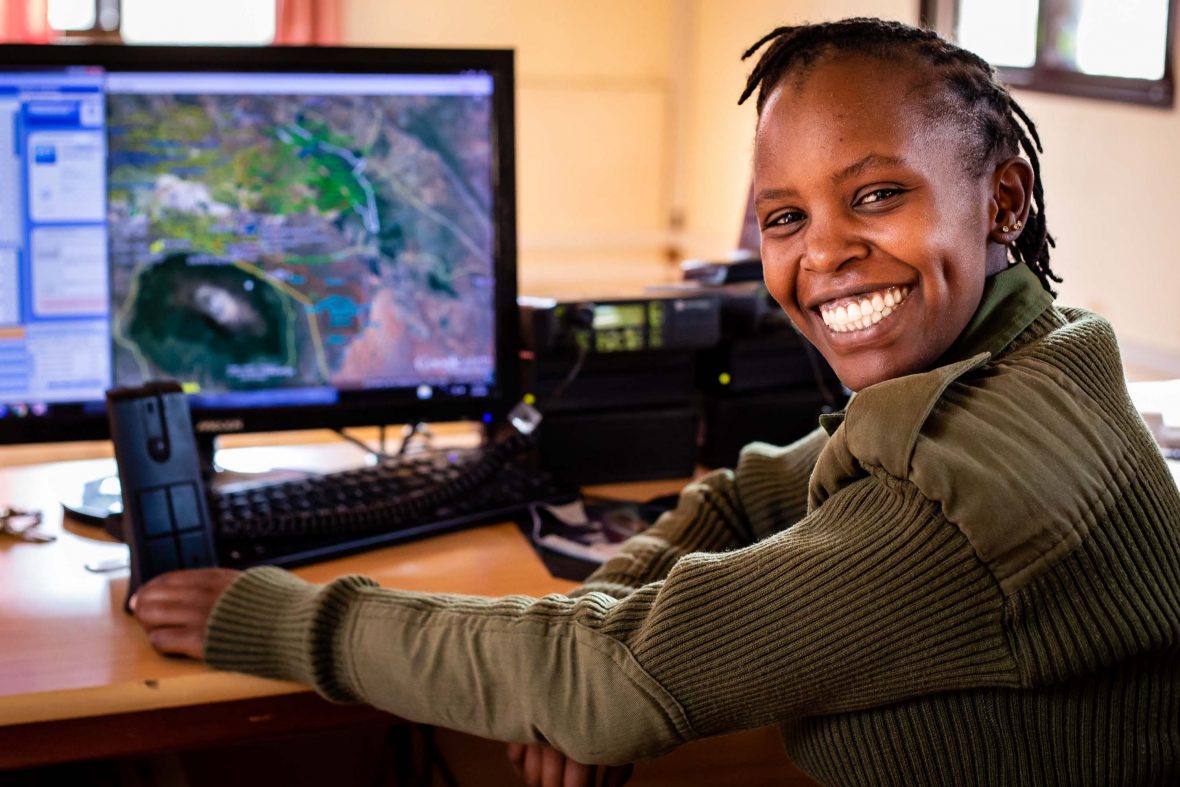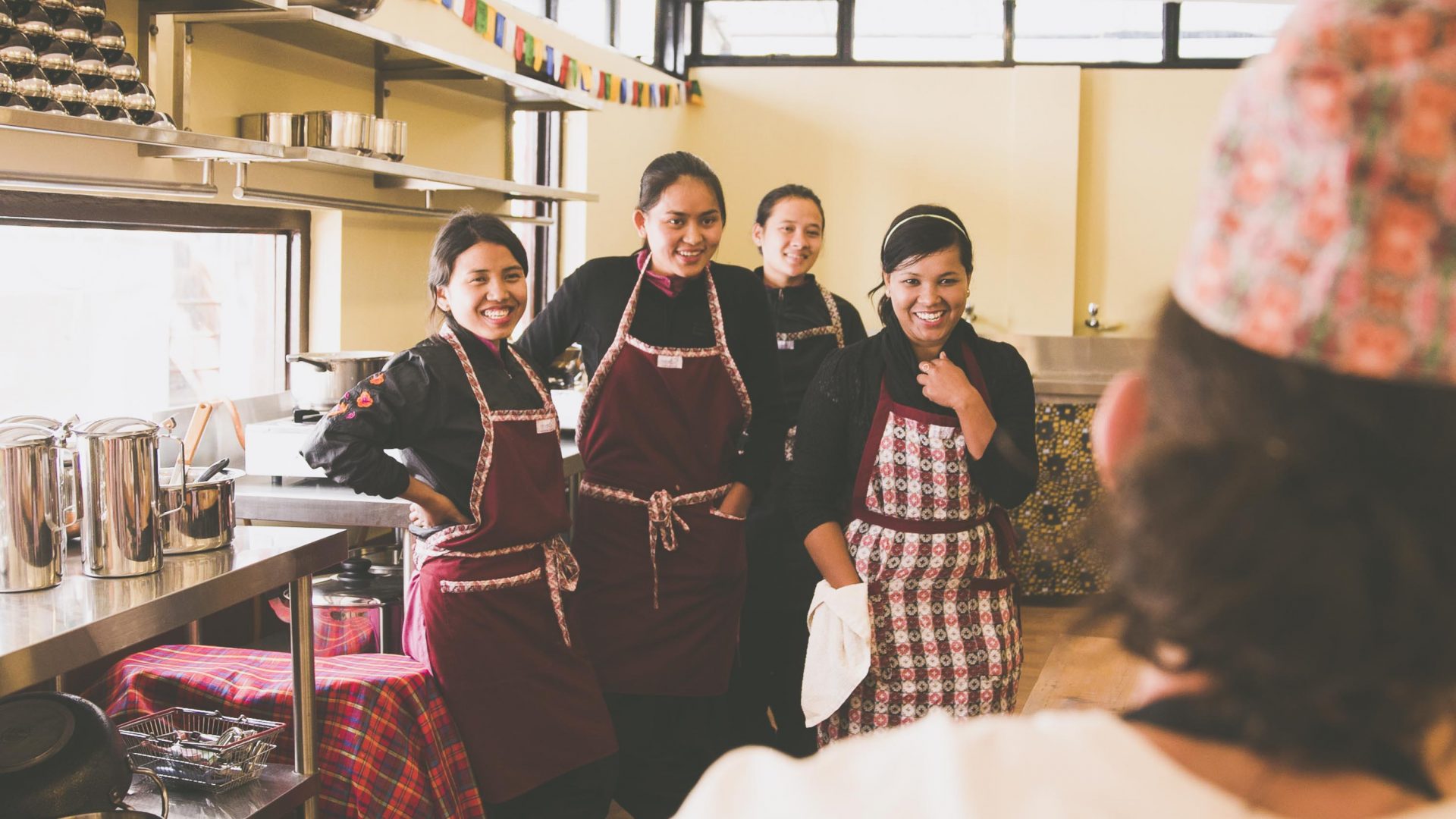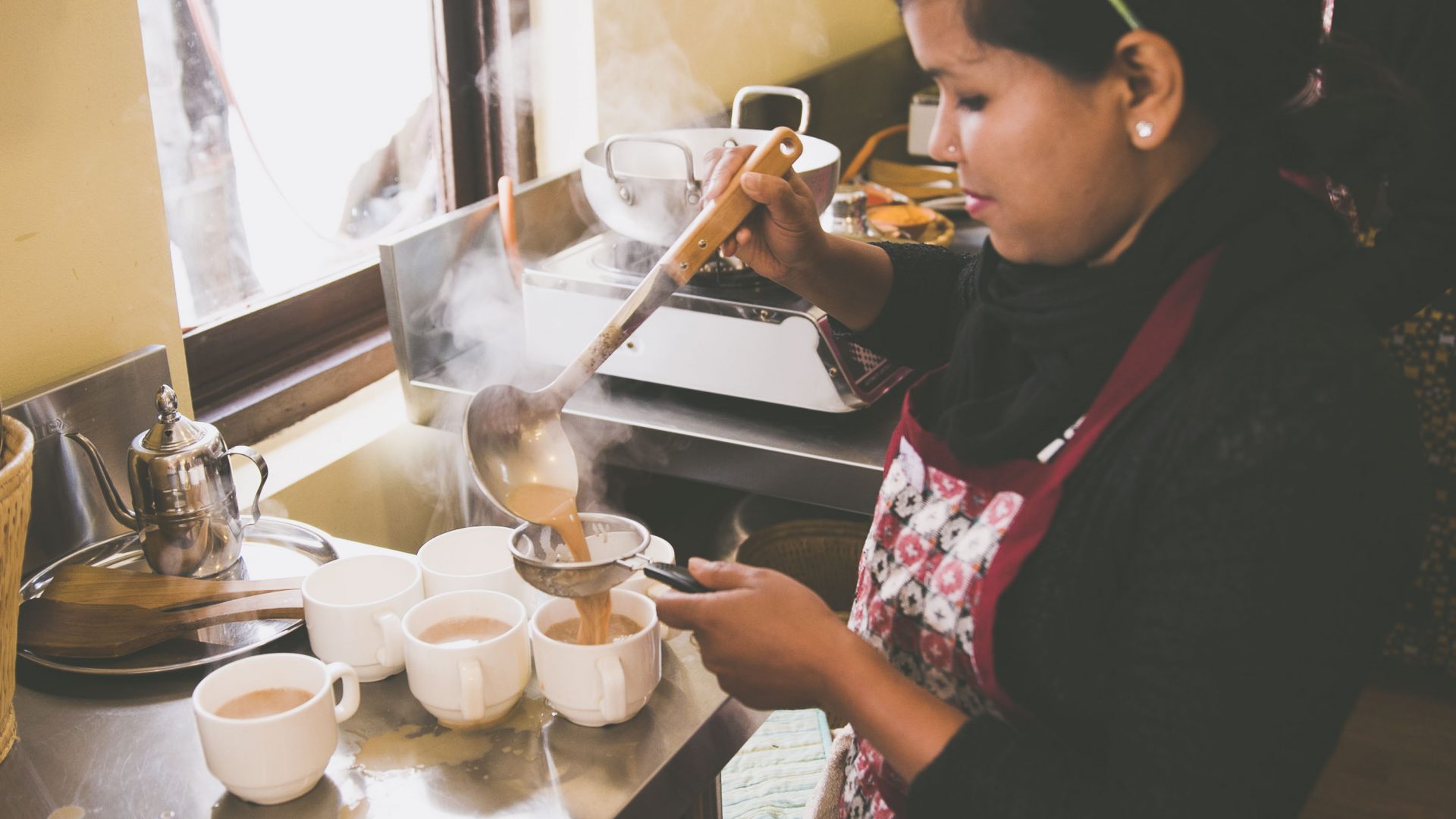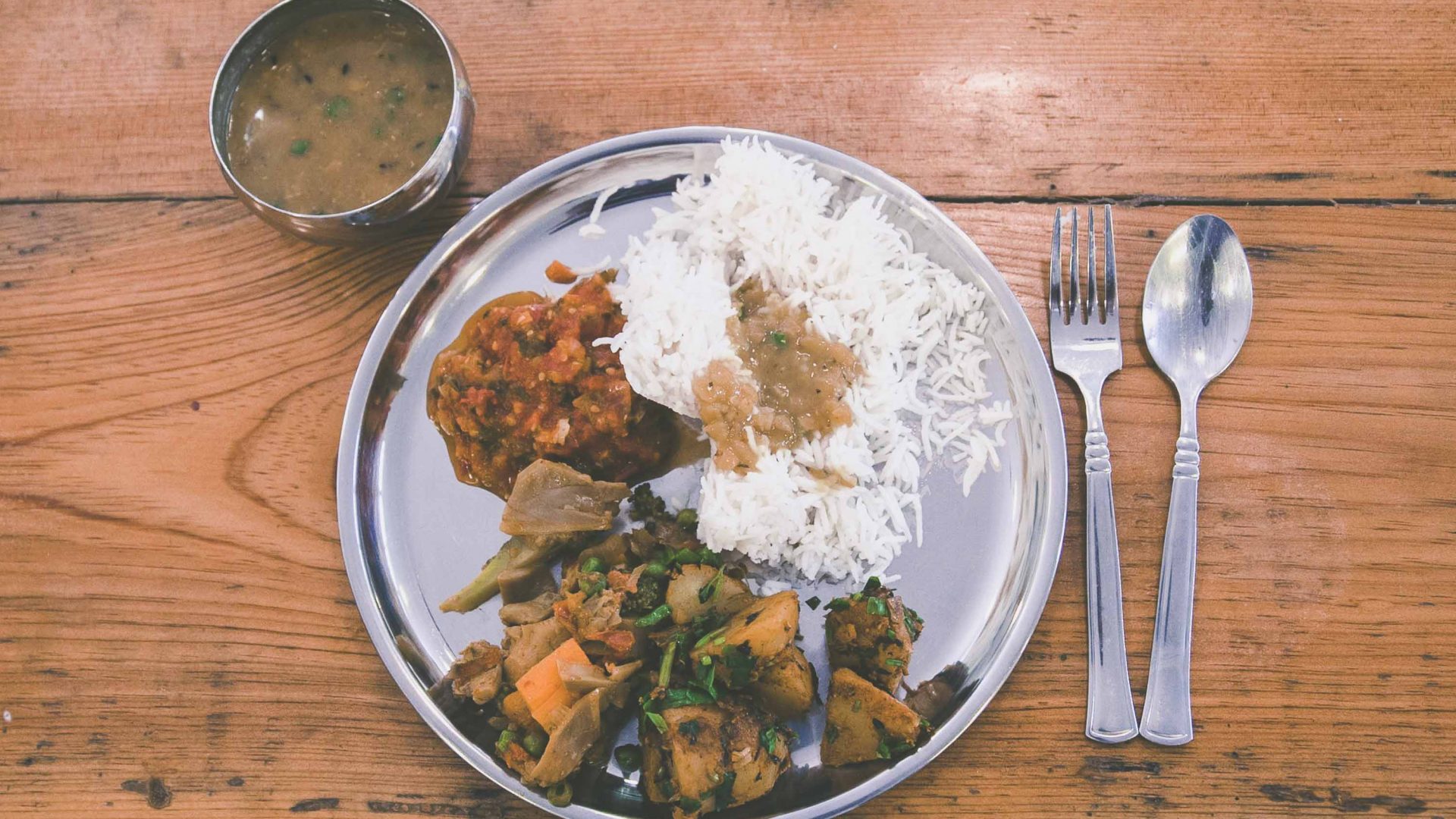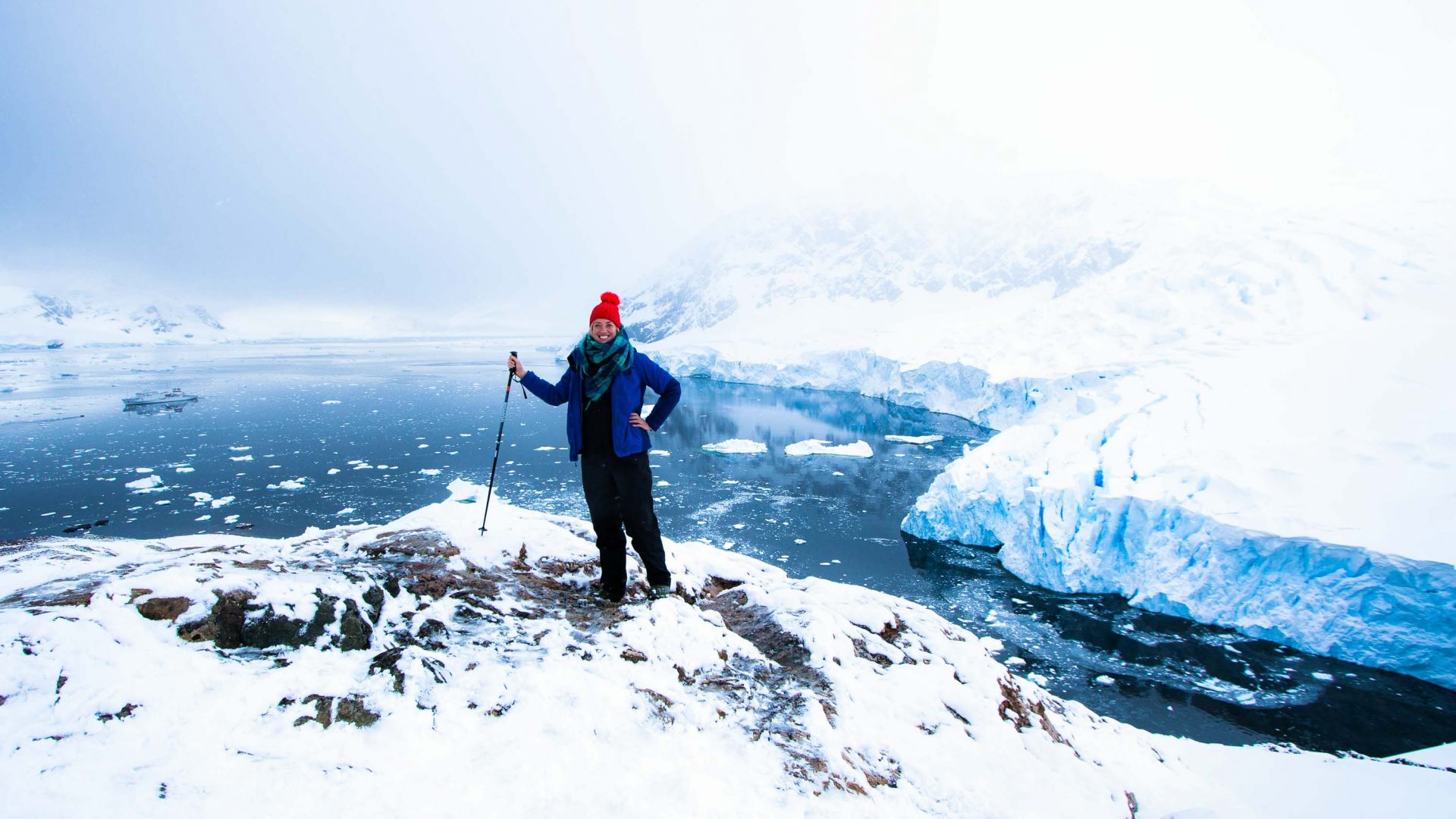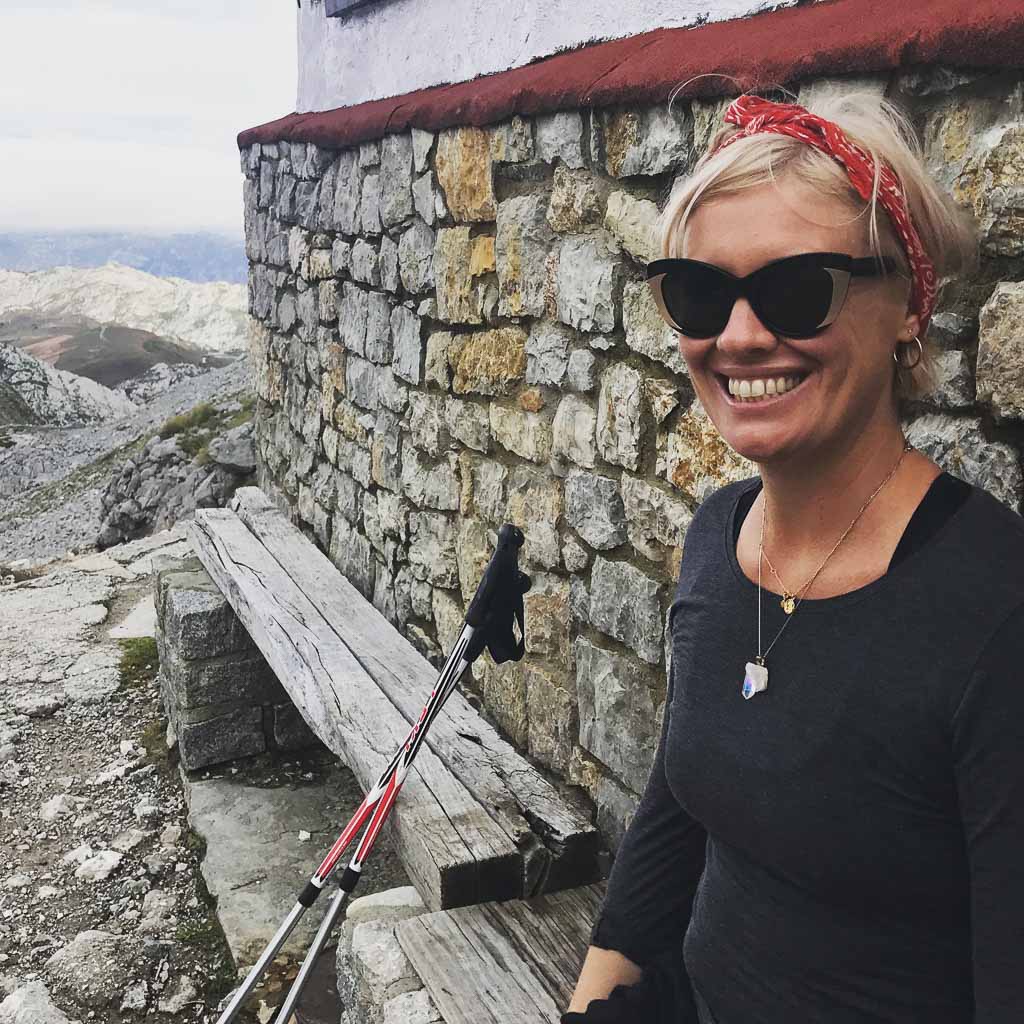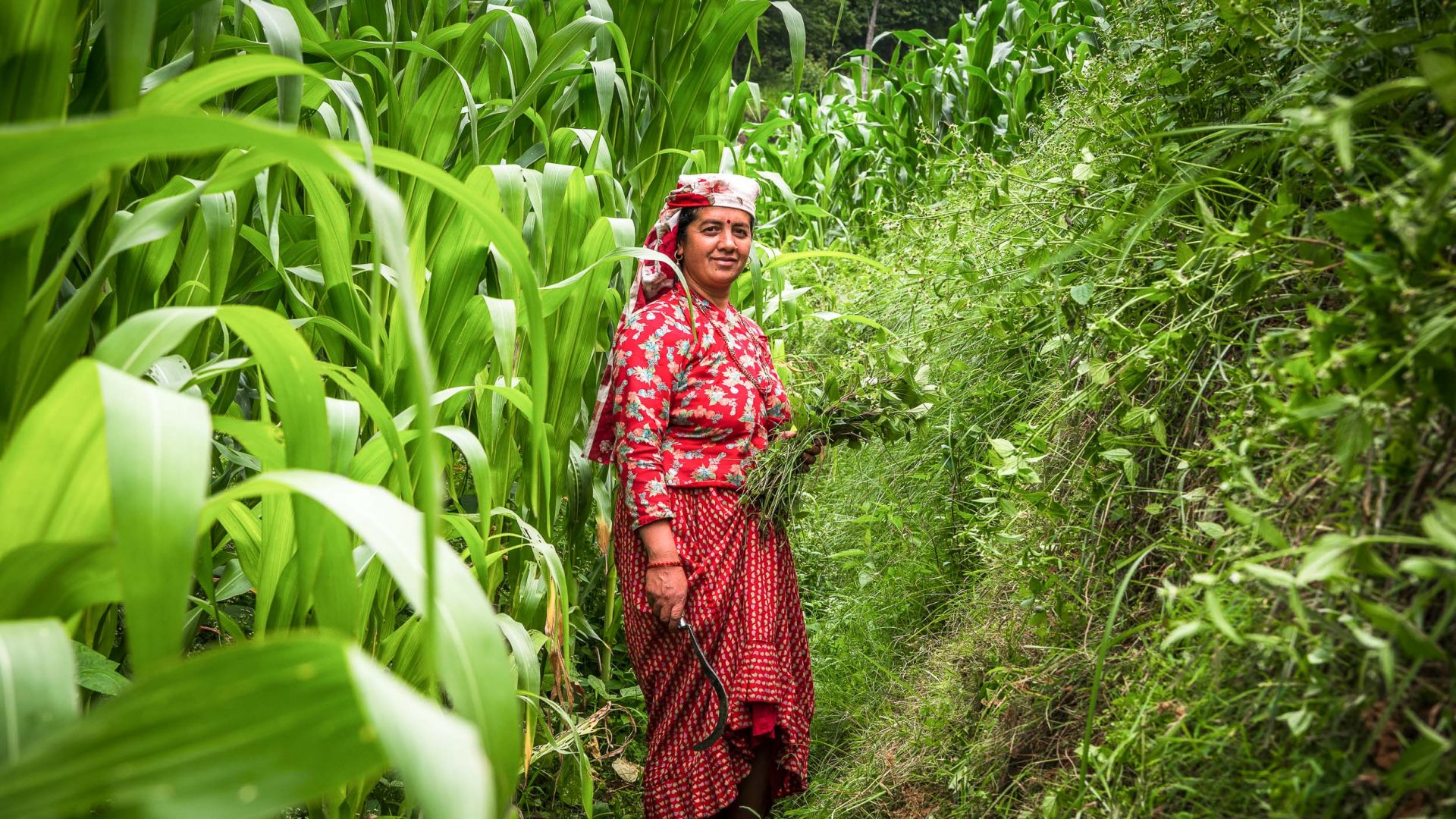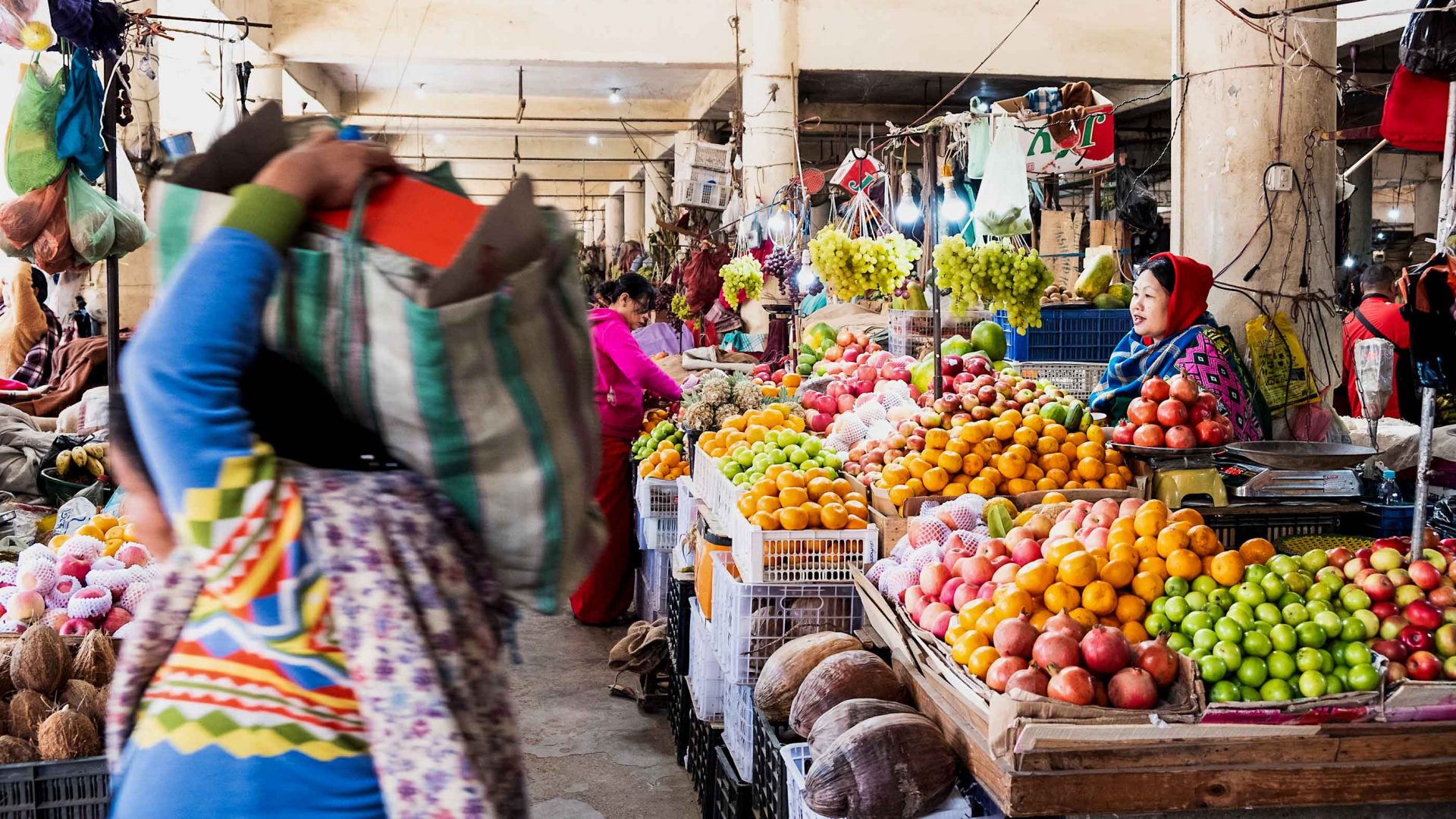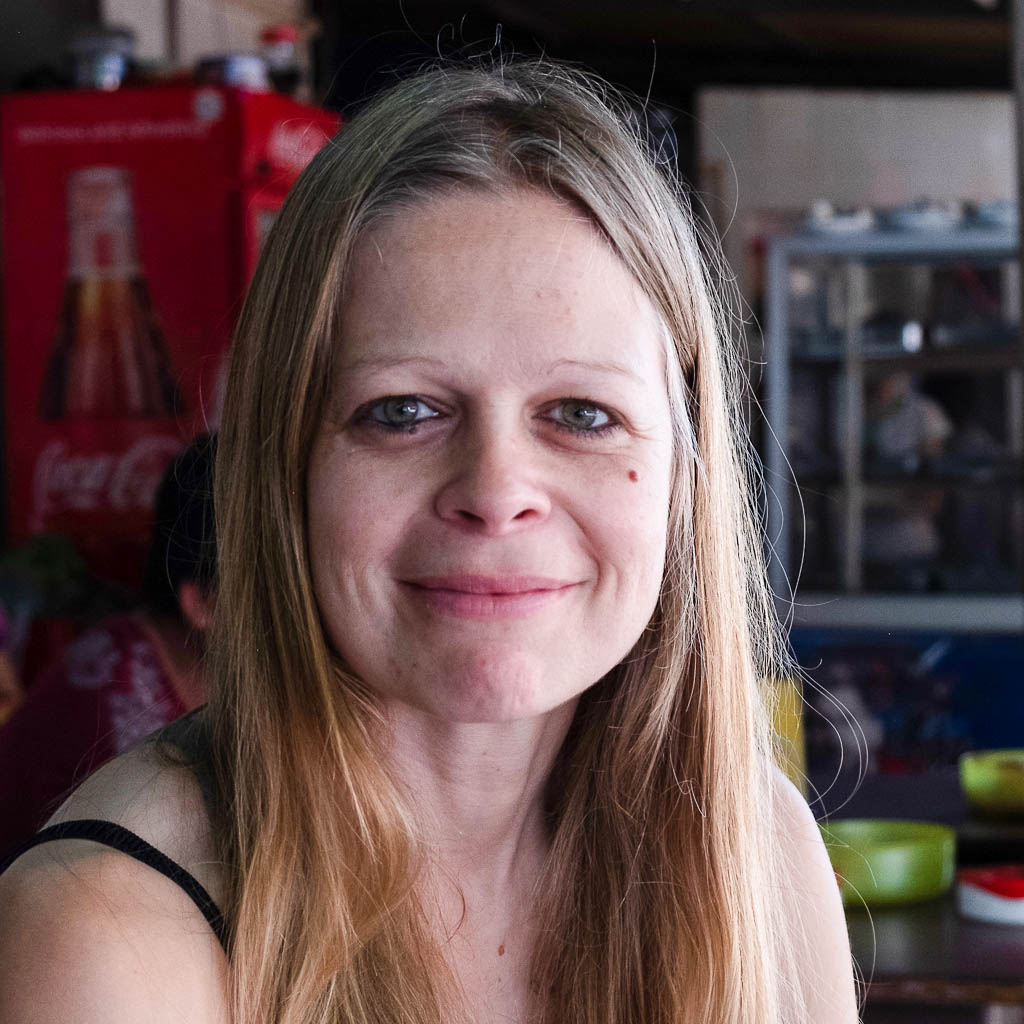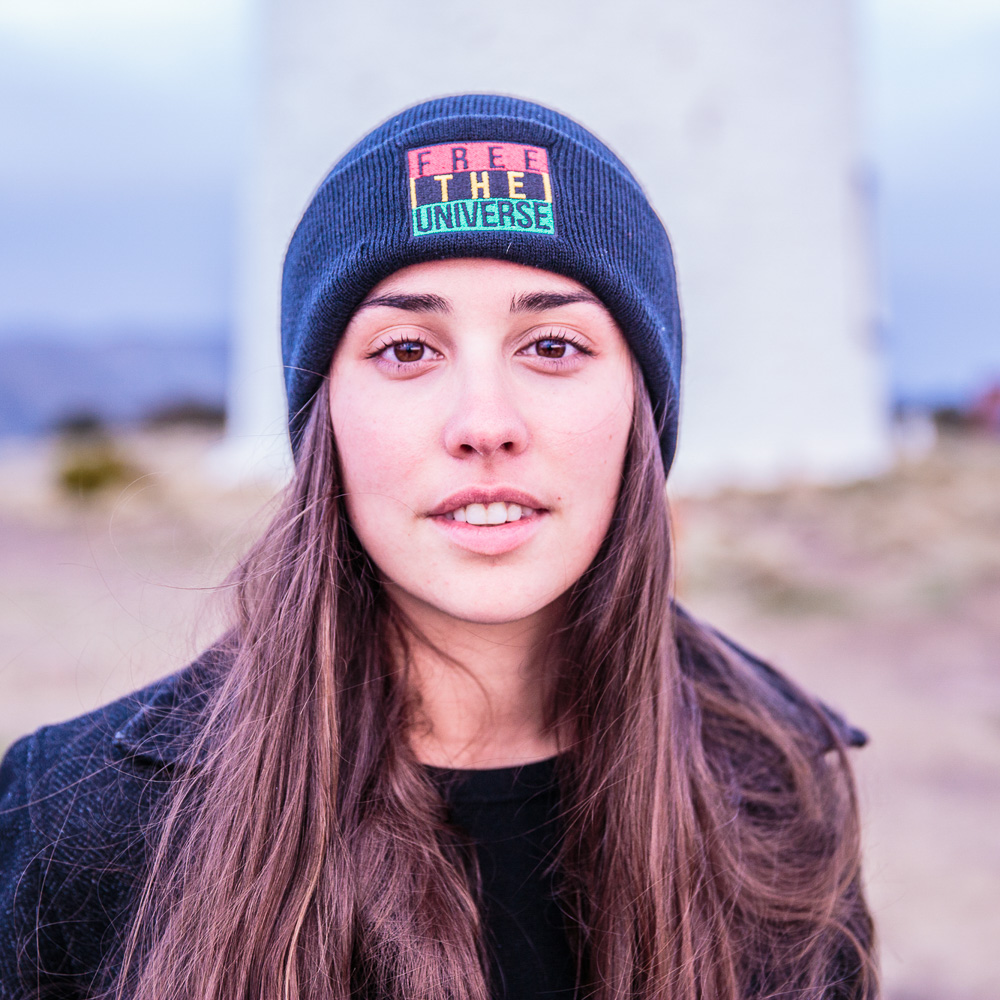The journey towards gender equality in the developed world is one thing—but in the developing world, it’s another thing entirely. Lola Akinmade Åkerström explores some of the global initiatives that are empowering women, and asks what travelers can also do to help.
Decades ago, the mere mention of the year 2020 would have brought with it bold, hopeful and high-tech visions of the future—from innovation and artificial intelligence to societal evolution, sustainability, and equity.
We’re finally in 2020, but one
issue we thought we’d have figured out by now—gender equality—continues to be a
work-in-progress.
While many countries, especially the Nordics, are making strides when it comes to gender equality, women continue to be disenfranchised and marginalized across the globe—particularly in the developing world.
In some countries, women have only a fraction of the rights of men. We still earn less than men for work of equal value and comparable skill sets. We continue to face gender discrimination when it comes to establishing our own sustenance through business ownership.
RELATED: This social enterprise is changing lives and cleaning up Cambodia
According to the Women, Business, and the Law 2020 report from the World Bank, which analyzed laws and regulations affecting women’s economic opportunity in 190 economies: “Equality of opportunity allows women to make the choices that are best for them, their families, and their communities. It is also associated with improved economic outcomes.”
This means bringing women in as active contributors to the economy of a country is not only the right thing to do, but essentially one of the smartest moves a country can make financially.
That’s why The Intrepid Foundation highlights initiatives creating economic opportunities for women through tourism jobs and training women to fill them. This ethos is reflected by The Foundation’s parent company, too: In 2017, only 150 of Intrepid Travel’s leaders were women. Intrepid doubled that number by mid-2019.
Through their Be the Change campaign, The Intrepid Foundation has raised almost AUD $30,000 from Intrepid travelers. “We wanted to put the spotlight on our projects that specifically target women as direct beneficiaries,” adds Bolger. “When more women work, economies grow—making the world a better place to live and travel for everyone.”
In rural regions of Morocco, roughly 83 per cent of women are illiterate. Education For All, an initiative supported by the Foundation, enables girls to continue their education through the establishment of boarding houses in the High Atlas region. This also includes further support as they head off to universities or seek employment opportunities.
Putting more women in roles traditionally associated with men is one of the significant threads within the fight towards gender equality. In East Africa, the world of wildlife protection in Kenya has long been dominated by men, who risk their lives to protect endangered species.
RELATED: How to travel and make the world a better place this year
But local women like Anne Maloi are being trained to work as professional rangers through Kenya-based organization Big Life Foundation, which works with local communities to protect land and wildlife.
Supported by The Thin Green Line Foundation (TGLF), Big Life provides rangers with adequate living wages and proper working conditions.
Taking it one step forward towards gender equality, TGLF has partnered with The Intrepid Foundation with goals of training over a dozen female rangers every year, funded by donations from travelers.
One organization aiming to empower women is Seven Women, which provides education and literacy programs, including skills training and income generation. Acting as a safe haven for local women of all class and caste, the Kathmandu-based grassroots organization has supported over 5,000 women in literacy classes, skills training and income generation programs.
They offer cooking classes for travelers, demonstrating how to make local fare such as achar (pickle) and dal bhat (rice with lentils), as well as sell handicrafts to support their communities in financially sustainable ways. In essence, creating support structures in place so they have more freedom to choose their own destiny.
“We do not believe that equality is a pie,” says Bolger. “More rights and better access to resources for women does not mean less for men or anyone else. We want to lift women up so that they can have the same opportunities as everyone.”
—-
